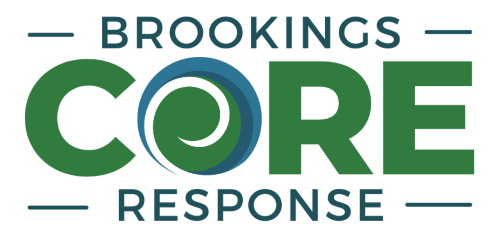What is a Traditional Health Worker?
Traditional Health Workers (THWs) help individuals in their communities, providing physical and behavioral health services. There are five Traditional Health Worker types:
- DOULA: A (Birth) Doula is a birth companion who provides personal, nonmedical support to women and families throughout a woman’s pregnancy, childbirth, and post-partum experience. (From original version of the THW rules, 410-180-0300).
- PSS: A Peer Support Specialist is any range of individuals who provide supportive services to a current or former consumer of mental health or addiction treatment. (From ORS 414.025).
- PWS: A Peer Wellness Specialist is an individual who has lived experience with a psychiatric condition(s) plus intensive training, who works as part of a person-driven, health home team, integrating behavioral health and primary care to assist and advocate for individuals in achieving well-being.
- PHN: A Personal Health Navigator is an individual who provides information, assistance, tools and support to enable a patient to make the best health care decisions.
- CHW: A Community Health Worker is a frontline public health worker who is a trusted member of and/or has an unusually close understanding of the community served. (APHA CHW Section).
Who do we employ?
We employ Peer Support Specialists (Certified Recovery Mentors) and Community Health Workers for the role of Traditional Health Worker (THW). THWs provide services similar to case management.
At CORE, Traditional Health Workers can help community members access a network of resources and benefits available locally and around the state. These include health insurance, recovery services, housing options, income, transportation, identification, and other needed resources. We do this through home visiting, street outreach, co-location with community partners, and at our day center location, Peer House.
For us, being trauma informed means providing services in a culturally responsive way to help community members access the healthcare and social service systems, as well as educating the health and social service systems about community needs and perspectives. It means building a trusting relationship and empowering people to relay a more complete medical history, increasing the quality of medical care.
Our team provides individual social support, as well as assisting with mediation between community members and their support networks.
We advocate for and with individuals within healthcare systems, social services, law enforcement, and various other agencies. We advocate for the needs and perspectives of groups we serve and represent, acting as intermediate between one or more community members and any level of government. Team members often speak publicly for or against proposed ordinances and laws that will adversely affect community members, and in alignment with the requests and needs of the community.
At times, THWs provide non-clinical services such as dental screenings, vision screenings, and other health screenings, when applicable. We aim to help people meet basic needs, such as hygiene supplies, food and water, medication, safety gear, clothing, and essential tasks.
It is our vision to build individual capacity, such as improving access to education and skills training, assisting with behavior change, and empowering community members to take control of their own health; and also build community capacity, such as bringing about community participation in social determinants of health, mobilizing and organizing people to bring about change, and serving on boards and committees to guide decision-making toward increasing service capacity for underserved community members. We assess individual and community strengths and needs by conducting and participating in assessments, data collection, data interpretation, and reporting.
